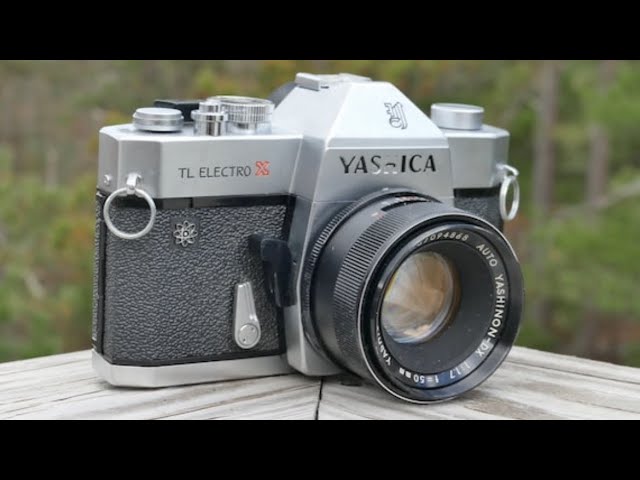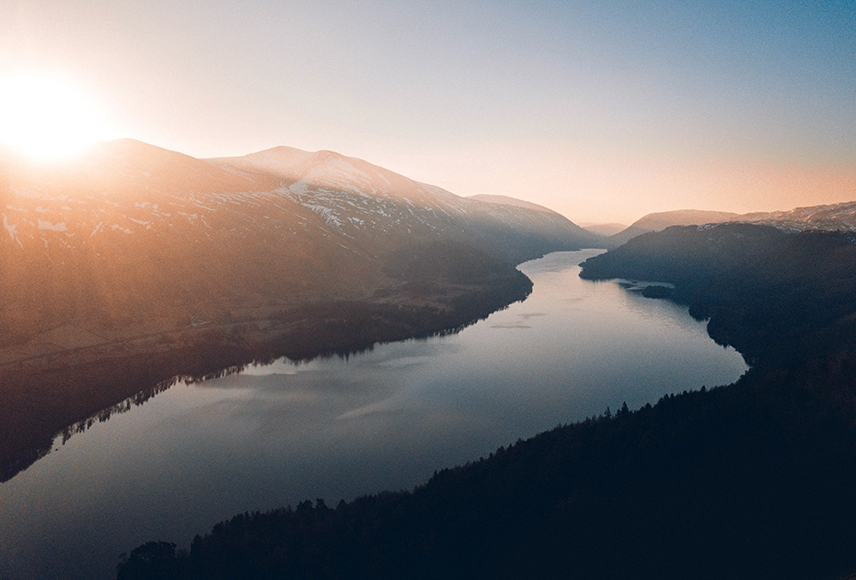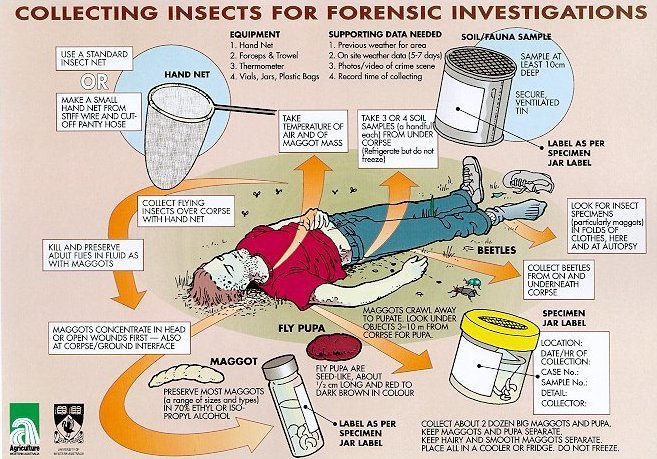
There's a large market for used mirrorless camera. Many reasons people prefer them to traditional DSLRs. You get what's on the website, which means you can save money and still get a high quality camera. It's possible to find a bargain on a used mirrorless cam that still has a quality lens for less money than new. Here are four great reasons to buy used mirrorless cameras. You will love them!
Nikon X100F
Fujifilm X100F might be a good choice if your goal is to find a quality mirrorless camera. This camera offers a large selection of lenses that will suit any kind of photography. However, the camera's lens is its biggest flaw. Although it's not as sharp as the Nikon X100F's, it's still great for close-up shots.

Canon EOS R6
Canon EOS R6 is a superb choice if looking for a mirrorless camera. This camera comes with a range of impressive features, including a bright electronic viewfinder, high 120 fps refresh rate, and vari-angle touchscreen LCD. It also features dual SD UHS-II SD memory card slots, Wi-Fi connectivity, and a vari-angle touchscreen LCD. However, there is a downside to using the R6 for video.
Sony Alpha 7 II
The Sony Alpha 7 II is the second generation of the a7 series and is available in four models: ILCE-7M2, a7R II, and a7S II. The Sony a7 II model is the base model. It has 24 megapixels as well as hybrid autofocus. The a7R is similar, but it has dedicated buttons that allow for AF/MF. The Sony a7III comes with 56 customizable buttons. This includes a joystick for moving focus point.
Nikon Z 7
Nikon Z7 is a mirrorless, used camera that offers many benefits. This camera is easy to use and has customizable settings. It is small, lightweight, and comes with a 3.6mot EyeView Finder and a touchscreen 3.2 inch LCD screen. You can also use it with compatible smart-devices. To be used with a smart-device, however, the Nikon SnapBridge application must be installed.

Leica Q
Leica Q is a mirrorless camera that offers excellent image quality at an affordable price. Although the AF is straightforward and works well under most conditions, there are a few issues that may limit its use. The camera can focus using a single focus point, also known as 1-Point AF. This method is incredibly simple and becomes muscle memory very quickly. This article will review some of the other problems that you might encounter when using the Leica Q.
FAQ
How can I learn photography by myself?
There are many methods to learn how you can take amazing photos. You have many options. You could purchase a book or attend a class. Or you could join an online group. You can't go wrong with doing it yourself if you are serious about mastering the art of photographing. So you can decide what goes into each picture. And you'll continue to improve as long you keep learning.
In fact, one of the best things about digital photography is that you don't even need expensive equipment. All you need to get started is an internet-connected computer and a digital camera. The rest is up for you.
Here are some tips to get you started.
-
Learn how to use the manual settings on your camera.
-
Learn how to use the controls.
-
Take lots of photographs.
-
Edit them.
-
Please share them.
-
Keep practicing.
-
Experiment.
-
Take a look at the world from different perspectives.
-
Use light sources creatively.
-
Practice makes perfect.
-
Don't be afraid to fail.
-
Be patient.
-
Have fun!
What Camera Should I Get?
It all depends on your goals and what type of photographer you are. For beginners, a simple point-and-shoot is the best camera.
But once you are comfortable with the basics, you will probably need more. The choice really comes down to personal preference.
These are some important things to think about before you purchase a new camera.
-
Features: Which features are most important? Will you use manual settings or autofocus? How many megapixels is your camera capable of? Is there a viewfinder on your camera?
-
Price: How much do you want to spend? Do you plan to update your camera every other year?
-
Brand: Is it possible to be happy with your brand choice? You shouldn't settle for less.
-
Functionality: Can your camera work in low-light conditions? Are you able to take high-resolution images?
-
Image Quality: How clear, sharp, and crisp are your images.
-
Battery Life: How long does your camera last between charges.
-
Accessories: You will be able attach additional lenses, flashes and other accessories. ?
Where can I buy cameras?
There are many online places where you can purchase cameras. However, we recommend buying from a reputable retailer like B&H Photo Video. Their knowledgeable staff can answer any questions that you might have.
B&H also ships quickly and securely, making it easy to get your order delivered to your door.
This video will help you learn more about buying cameras.
Is digital photography hard?
Digital photography isn't as simple as you might think. It takes time and effort to learn how to use the tools properly. For different shots, you need to know which settings to use. The best way to learn is by doing. Practice makes perfect.
Statistics
- In this case, 100% of readers who voted found the article helpful, earning it our reader-approved status. (wikihow.com)
- By March 2014, about 3 million were purchased monthly, about 30 percent of the peak sales total. (en.wikipedia.org)
- While I cannot prove that all of those spots were not sensor dust, the photo was taken during a heavy snowstorm…so I guess that 99.8% of the spots are snowflakes. (bhphotovideo.com)
- This article received 13 testimonials, and 100% of readers who voted found it helpful, earning it our reader-approved status. (wikihow.com)
External Links
How To
What are the requirements to be a good photographer?
The basic skills required for any photography job include technical knowledge, artistic ability, and business acumen.
Technical knowledge includes understanding exposure settings and camera functions, lens types, film speeds, developing techniques, and lens types.
An artist's ability is to understand composition, lighting, and pose.
Business acumen includes budgeting, scheduling and time management. It also involves dealing with clients.
Professional photographers should be interested from a young age in photography.
Photography classes can be taken at schools, colleges, or online.
Many books are available to help you learn all aspects of photography.
Not only is it important to study photography, but it is also important to develop your style.
This will enable you to be different from other people in the field.
Photography has changed through the years. In the past cameras such as the Kodak Instamatic, Polaroid instant and other cameras were used.
Digital cameras are becoming more popular than ever. Photographers these days use smartphones to take pictures.
It is possible to buy a smartphone that takes high-quality images, but if you really want to get into photography, you need to invest in a DSLR (Digital Single Lens Reflex) camera.
A DSLR can be used to control every aspect, from shutter speed, aperture, ISO, sensitivity, white balance, focus, and white color.
These features enable you to create stunning photos and different effects.
These controls can also be used to alter the mood in your photograph.
For example, you could make your subject appear blurry by using a fast shutter speed.
You can also make the images appear as if they are moving by increasing their light input.
Adjusting the scene's hue can change the mood.
For example, if there is lots of blue light around, you can increase the red content of the picture to give it a warmer feel.
To begin with, you may find it difficult to know which direction to point your camera.
But once you grasp the basics, it won't be so difficult.
It's much simpler than you think!
The first time you start out, you'll probably only be able to shoot landscapes and close-up images of objects.
You can capture any type of image, from portraits to abstracts, with experience.
After mastering the basics of the subject, you can move onto more advanced topics.
These tips will help you get started.
-
Pick a great location. Find somewhere that you can enjoy your time and relax.
-
Choose something you find interesting to photograph. Look for things that are unusual or unique.Try photographing flowers, animals, or even insects.
-
Practice photos are a must. Practice makes perfect!
-
Experimentation with different angles is possible. Hold your camera differently depending on what you are trying to achieve.
-
Use different lenses. Different lenses offer different perspectives.
-
You can also shoot in low-light conditions. Photographing in bright sunlight can prove difficult.
-
Practice framing your shot. It is important to practice framing your shot when taking a photograph.
-
Learn how to use your camera settings. The best way to improve your photography is to spend time experimenting with your camera settings.
-
Keep learning new techniques. There are many ways to learn about photography.Visit local exhibitions, galleries, museums, and libraries.
-
Read magazines and books. Everything you need to know about photography can be found in books and magazines.
-
Join a club. Many clubs encourage members to share their work at events.